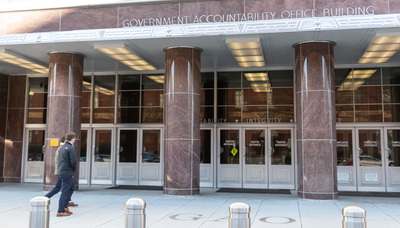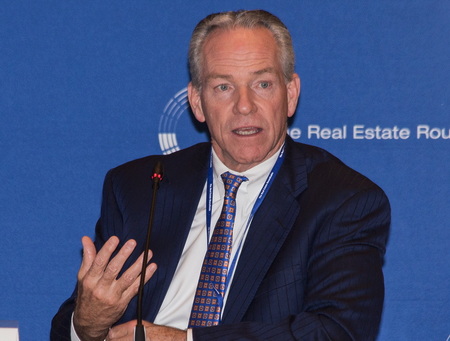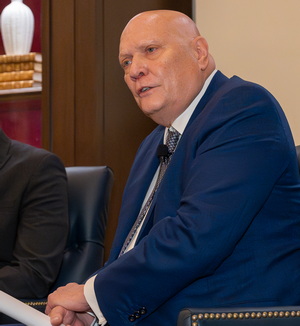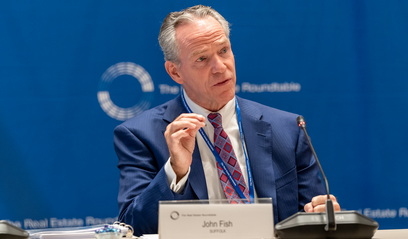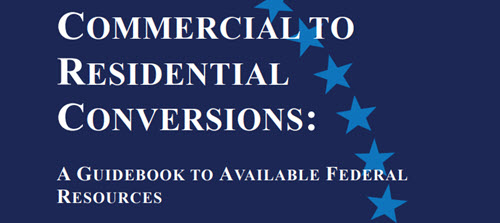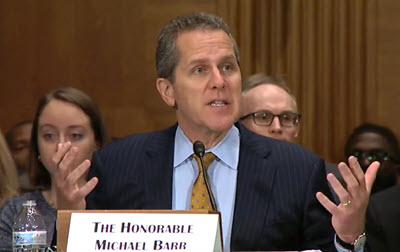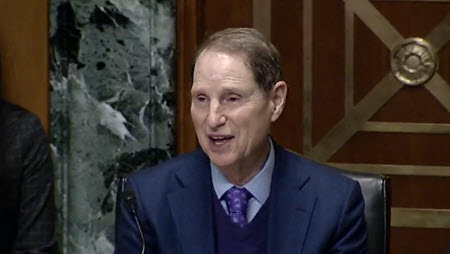
Senate Finance Committee Chairman Ron Wyden (D-OR), above, and 15 of his Senate colleagues recently introduced the Billionaires Income Tax Act (S.3367), which would tax the appreciation of wealthy individuals’ assets. On Tuesday, the Supreme Court heard oral arguments in Moore v. United States, a case challenging the federal government’s authority to tax unrealized gains under the 16th Amendment.
Billionaires Income Tax Act (BITA)
- Under BITA, tradable, liquid assets would be marked-to-market and taxed annually on their appreciation, while illiquid assets would be subject to a “deferral recapture” tax when sold—or if certain other currently nontaxable events occur, such as death, a transfer to a trust, or a like-kind exchange. (One-page summary; section-by-section summary). (CQ, Nov. 30)
- As drafted, the bill would apply to taxpayers with more than $100 million in annual income or more than $1 billion in assets for at least three consecutive years. (Tax Notes, Nov. 30).
- The legislation is not limited to future appreciation of assets. It would reach back in time and apply the tax to accumulated, unrealized gains at the time of enactment. The tax on built-in gains could be paid over a five-year period. Mark-to-market losses could be carried back for three years and applied against taxable market-to-market gains.
- The appreciation of partnership assets (including built-in gains) and gains or losses from partnership transactions would flow through and taken into account at the partner level.
- Related legislation was introduced in the House by Reps. Steve Cohen (D-TN) and Don Beyer (D-VA).
Roundtable Position and Outlook

- Real Estate Roundtable President and CEO Jeffrey DeBoer said, “Taxes rarely remain targeted, and like the income tax, this targeted proposal could be revised and expanded over time to apply to everyone. Moreover, taxing unrealized gains would upend over 100 years of federal taxation, require an unprecedented IRS intrusion into household finances, and create unknown and potentially unintended consequences at a time of economic uncertainty. Deferring the taxation of gains until an asset is sold supports entrepreneurs while encouraging the type of patient, long-term investing and productive risk-taking that drives our economy forward.”
- He added, “These proposals lack robust policy support, are ill-timed, and carry considerable risk. They should be rejected.” (See also RER Policy Priorities – Taxing Unrealized Gains – Billionaire Tax)
- In the last Congress, efforts to enact a mark-to-market regime were unsuccessful when they ran into resistance from moderate Democrats. Sen. Wyden (D-OR) acknowledged that his bill, which lacks bipartisan support, would not be part of any year-end tax legislation. (CQ, Nov. 30)
Moore v. United States

- On Tuesday, the Supreme Court heard oral arguments in Moore v. United States, which challenges the federal government’s constitutional authority to tax unrealized income.
- The petitioners in Moore argue that the mandatory repatriation tax in the Tax Cuts and Jobs Act exceeds Congress’s authority under the 16th Amendment to lay and collect taxes on incomes. They argue that because the tax is based on the accumulated, undistributed earnings of a foreign corporation, there is no income realization event for the Moores, who are a non-controlling minority shareholder of the corporation. (Roundtable Weekly, Oct.13)
- Depending on the outcome and the scope of the decision, the Moore case could have implications for other forms of taxing unrealized gains, such as the appreciated value of real estate and other assets directly owned by a taxpayer.
A majority of the justices signaled they are hesitant to weigh into the broader debate of how to define income for tax purposes. A decision in Moore is not expected until June 2024. (USA Today and PoliticoPro, Dec. 5 | Tax Foundation, Aug. 30)
# # #
